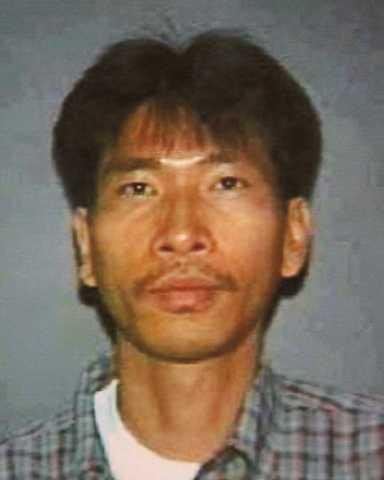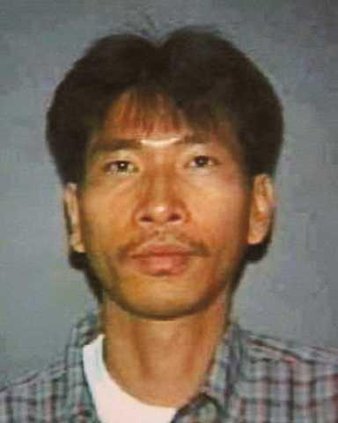In an interview on NBC's "Today" show, Jiverly Wong's sister said she had "occasional communications" with him but they hadn't lived in the same house together for 20 years. The woman, whose name wasn't given during the interview, said her younger sibling kept his feelings to himself.
She could tell he was depressed about losing his job and frustrated with his English speaking skills, she said. The 41-year-old man was ethnically Chinese from Vietnam.
Her family is "very sorry for all the victims and their families," she said.
Reached by The Associated Press in the hours immediately after the Friday shooting at the American Civic Association, the distraught woman initially thought there must be some mistake and that her brother was a victim, not the gunman. She declined to give the AP her name.
Four Chinese were among those killed at the center in Binghamton, New York, and a Chinese student was also shot in the arm and leg but survived, officials said. Other victims came from Haiti, Pakistan, the Philippines, Iraq, Brazil, Vietnam and the United States.
Funerals were scheduled Monday for two of the victims, center employee Maria Zobniw, a Ukrainian-born woman who came to the U.S. as a child, and Hong Xiu Mao, a nail salon employee from China.
Wong was "an avid gun owner" who had recently visited a firing range weekly, police Chief Joseph Zikuski said, but authorities still don't know his motive. Authorities don't know whether he had a particular target, and Zikuski said at a news conference the choice of targets may have been random.
Documents obtained from Los Angeles Superior Court Monday show that Wong's wife filed for divorce in July 2005. Xiu Ping Jiang sought a default judgment to declare their marriage was over because of "irreconcilable differences." The documents show the couple didn't have children and weren't disputing over property rights or spousal support. The divorce was completed a year later.
FBI agents in Los Angeles are assisting their New York colleagues in the investigation into Wong's past, agency spokeswoman Laura Eimiller said. She wouldn't provide details on the investigation because of the ongoing probe.
Meanwhile, the receptionist who was badly wounded remains fearful and rolls her eyes at being called a hero for crawling under her desk to call authorities despite her injuries, her brother said.
Shirley DeLucia is expected to make a full recovery from gunshot wounds to the abdomen. Lyle Fassett said she is still anxious after surviving but he expects her to bounce back.
"The only thing that we know right now from her is when the gunman came in, she got up to ask him if she could help him and he just didn't say anything I guess," Fassett said. "He got his gun and shot her. She remembers falling backward and down and that's pretty much it. We haven't gotten too much more out of her."
Fassett said his sister hasn't divulged much about what she remembers of that morning, including the death of her co-worker, Zobniw.
"She did mention that she remembered her being shot and I think she knows that she's gone," Fassett said. "Beyond that I don't know if she knows about any of the other people but I think she has a good idea. She hasn't talked about it."
DeLucia's surgeon, Dr. Christian Tvetenstrand, said he expects DeLucia to spend another five or six days in a Binghamton hospital, followed by therapy and counseling to recover from what could have been a fatal wound.
"It was millimeters away from the main blood vessels in her abdomen," he said. "If it had struck those, she would have died."
He credited "luck and a strong will" for her survival.
On Sunday, police defended the 43 minutes it took to enter the building after the first frantic calls from terrified immigrants inside the center. Medical examiners told the district attorney that the injuries were so severe, none of the victims would have survived even if police had entered the building immediately.
Survivors reported huddling for hours in a basement after the shooting, not knowing whether they were still in danger.
Zikuski has said the building was completely cleared between 2:30 and 3 p.m. On Monday, he said police didn't know for sure that Wong was among the dead until late Friday night or early Saturday.




